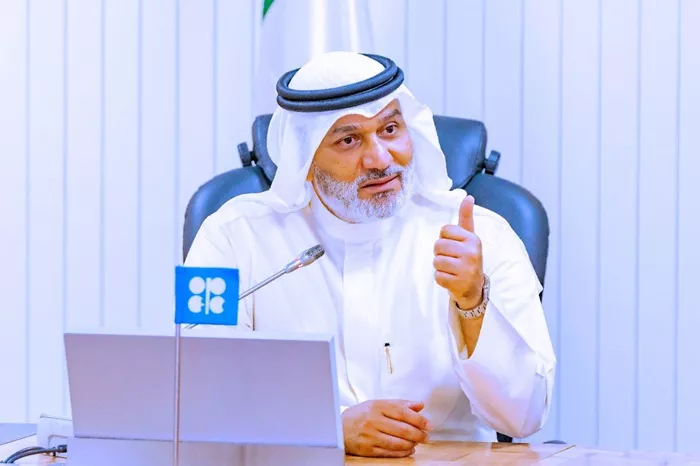HE Haitham Al Ghais, Secretary General of OPEC, emphasized the need to balance sustainable development with climate change mitigation. He underscored that OPEC Member Countries are fully committed to addressing these crucial issues.
Al Ghais stated, “We need to promote all energies and technologies that can enhance energy security, availability, and emissions reduction.” He noted that the oil industry and renewable energy efforts are not as conflicting as often perceived. Hydrocarbons play a critical role in powering essential industries like transportation and construction, which are necessary for developing renewable infrastructure. For instance, the production and maintenance of wind turbines depend significantly on lubricants—requiring between 200 and 1,400 liters based on turbine size—along with petrochemical products for waterproofing and solar panel production.
The Secretary General pointed out that oil and its derivatives are vital for the economic stability of many countries. Numerous nations rely on oil revenues to fund government budgets, stimulate economic activities, diversify their economies, and cushion potential adverse socio-economic impacts during the transition to greener energy sources.
Al Ghais elaborated that OPEC Member Countries are investing in both hydrocarbons and renewables. He highlighted that the oil industry is actively working to reduce emissions through improved operational efficiencies and advanced technologies. This includes optimizing extraction and refining processes, minimizing flaring, and reducing methane leaks. At COP28, approximately 50 major oil and gas producers agreed to reduce methane emissions to near-zero by 2030. The industry is also advancing initiatives in carbon capture utilization and storage, developing clean hydrogen technologies, and exploring direct air capture and carbon dioxide removal—all within the framework of a circular carbon economy.
Additionally, Al Ghais referenced the significant contributions of OPEC’s sister organization, the OPEC Fund for International Development. Established in 1976, the OPEC Fund aims to drive development, strengthen communities, and empower individuals. It focuses on financing projects that meet vital sustainable development needs, including food security, energy access, infrastructure, clean water, sanitation, healthcare, and education. To date, the OPEC Fund has committed approximately US$27 billion to development projects in over 125 developing countries.
In conclusion, the OPEC Secretary General emphasized the organization’s dual commitment to hydrocarbon investment and sustainable development, reinforcing the message that both can coexist in the global energy landscape.
Related topic:

